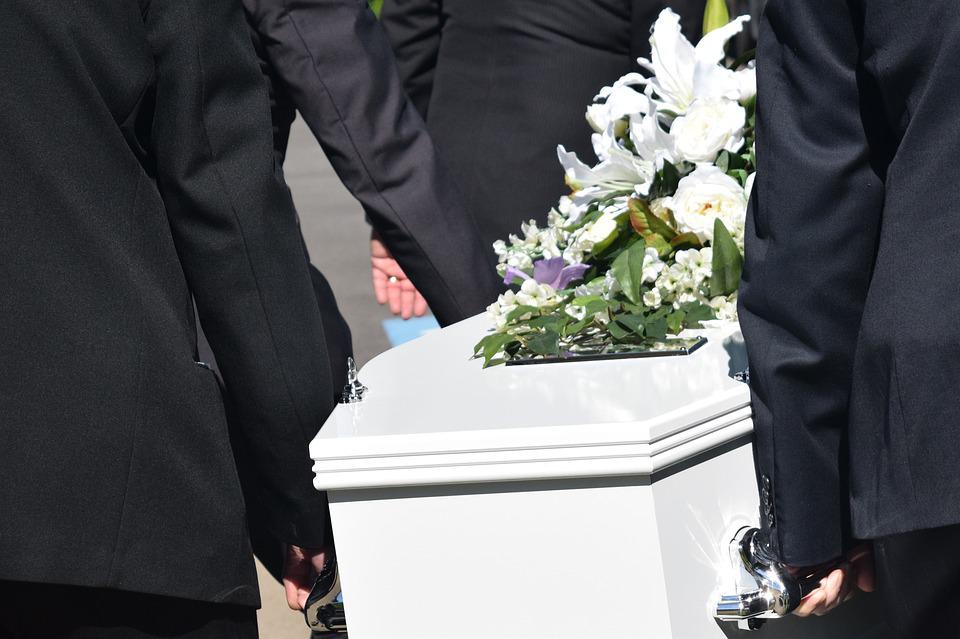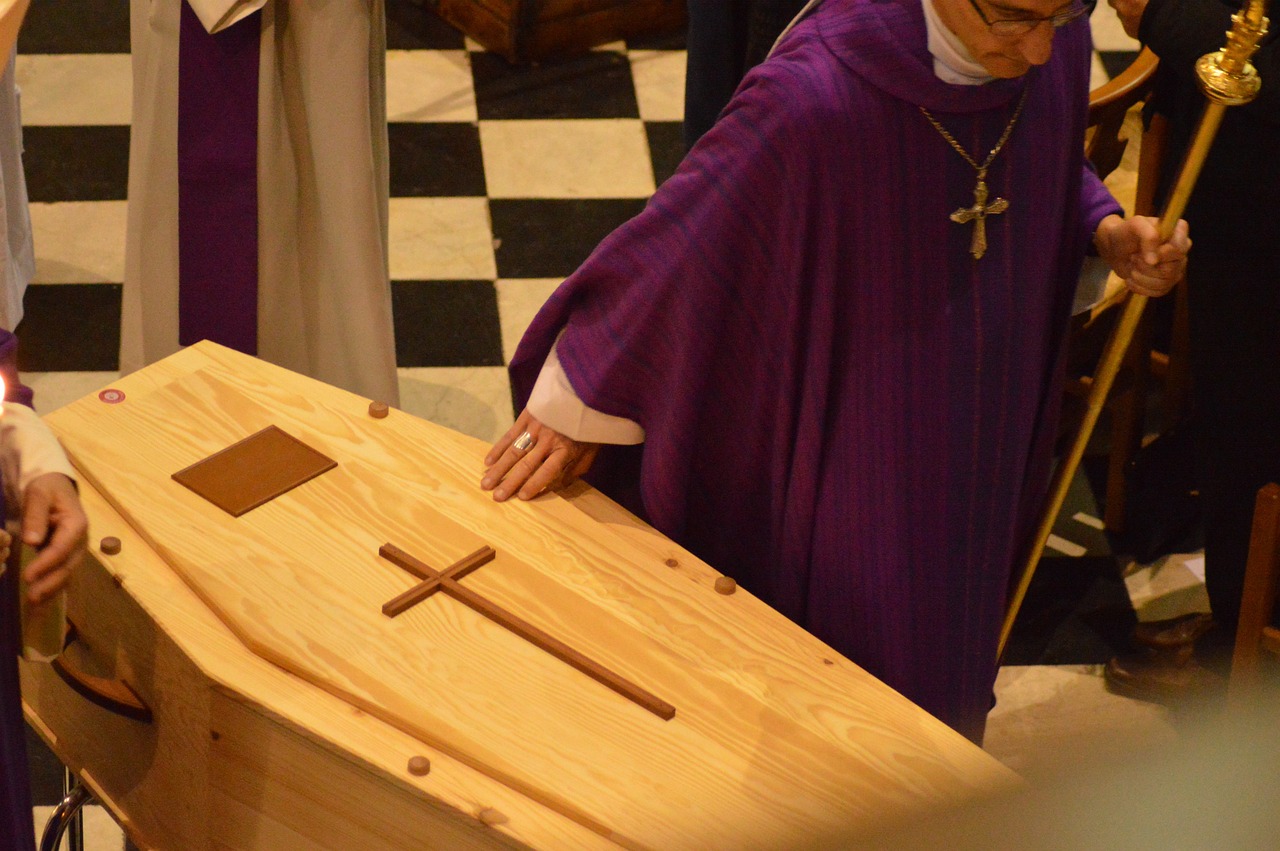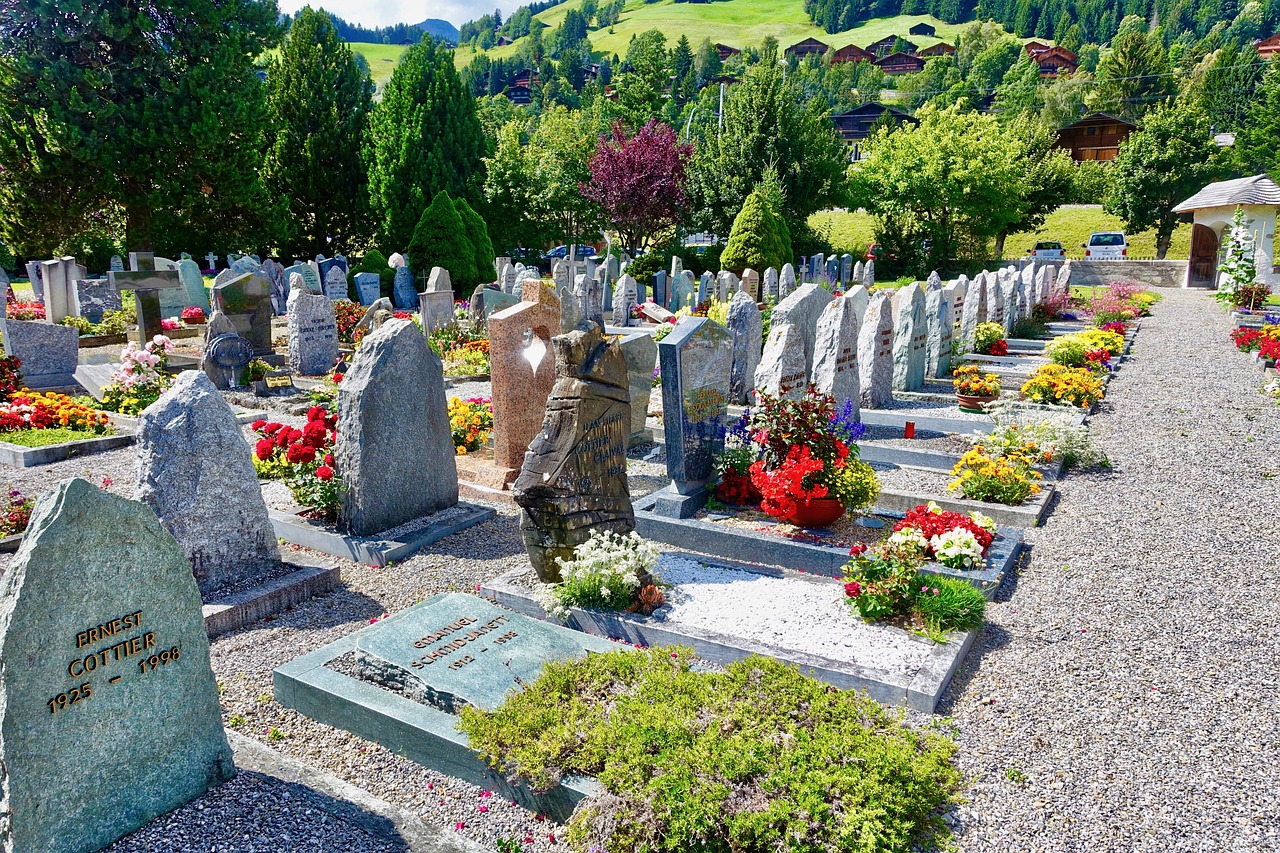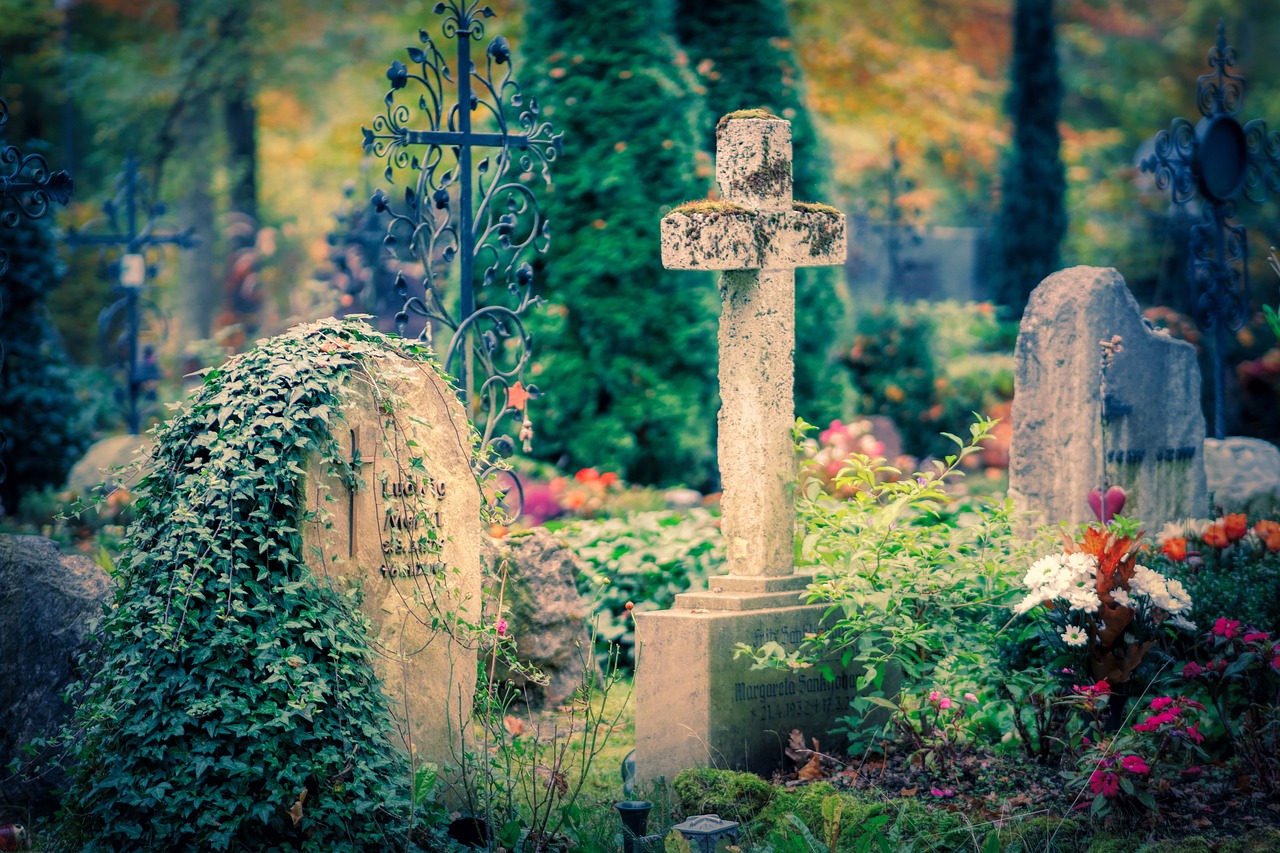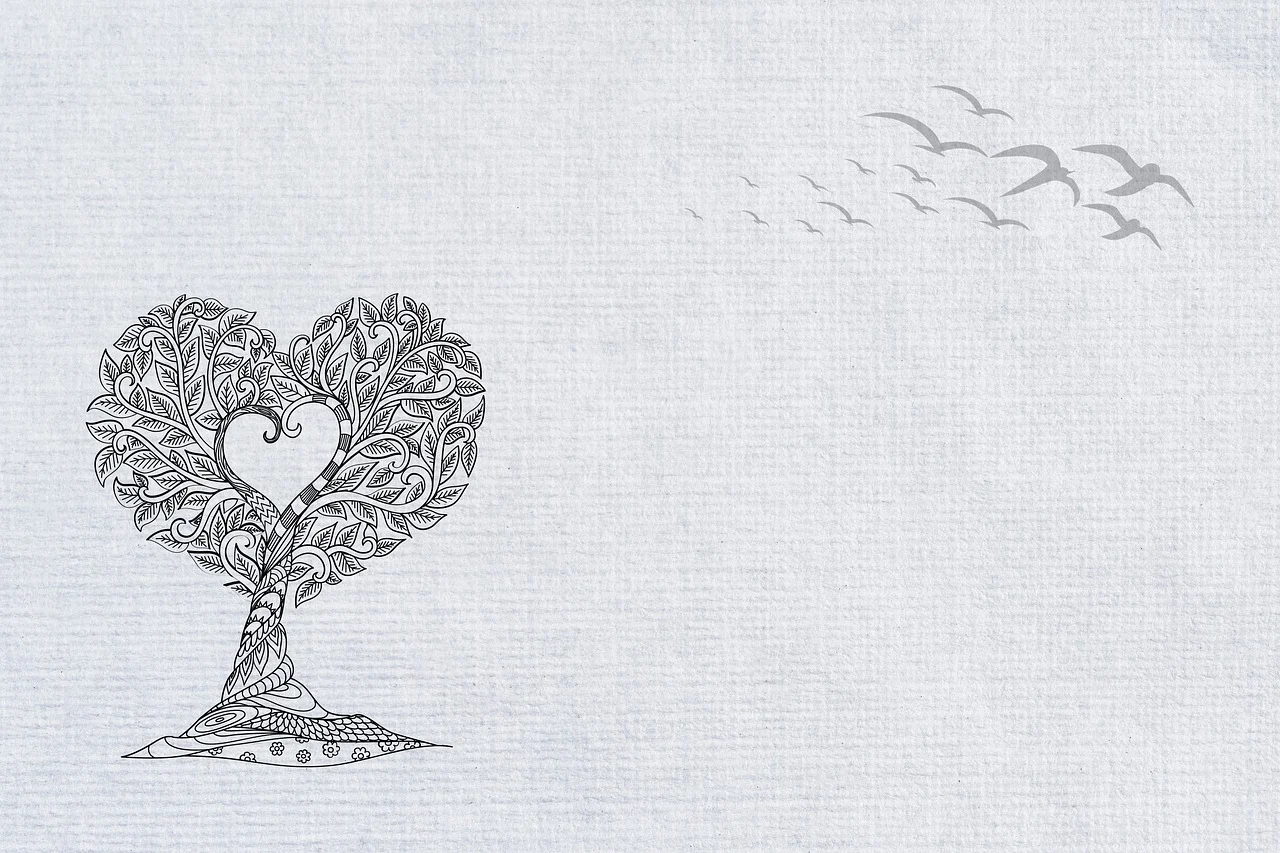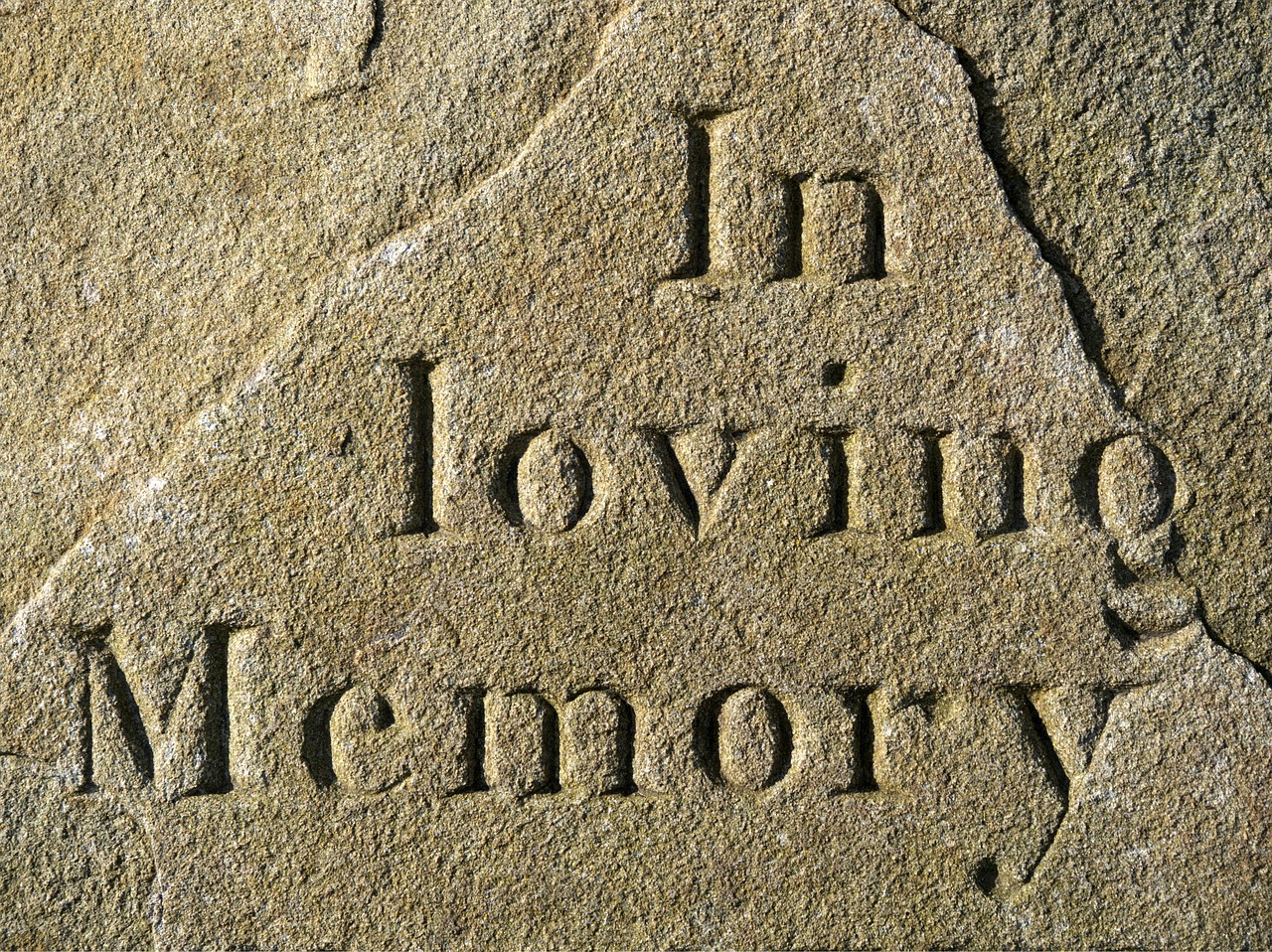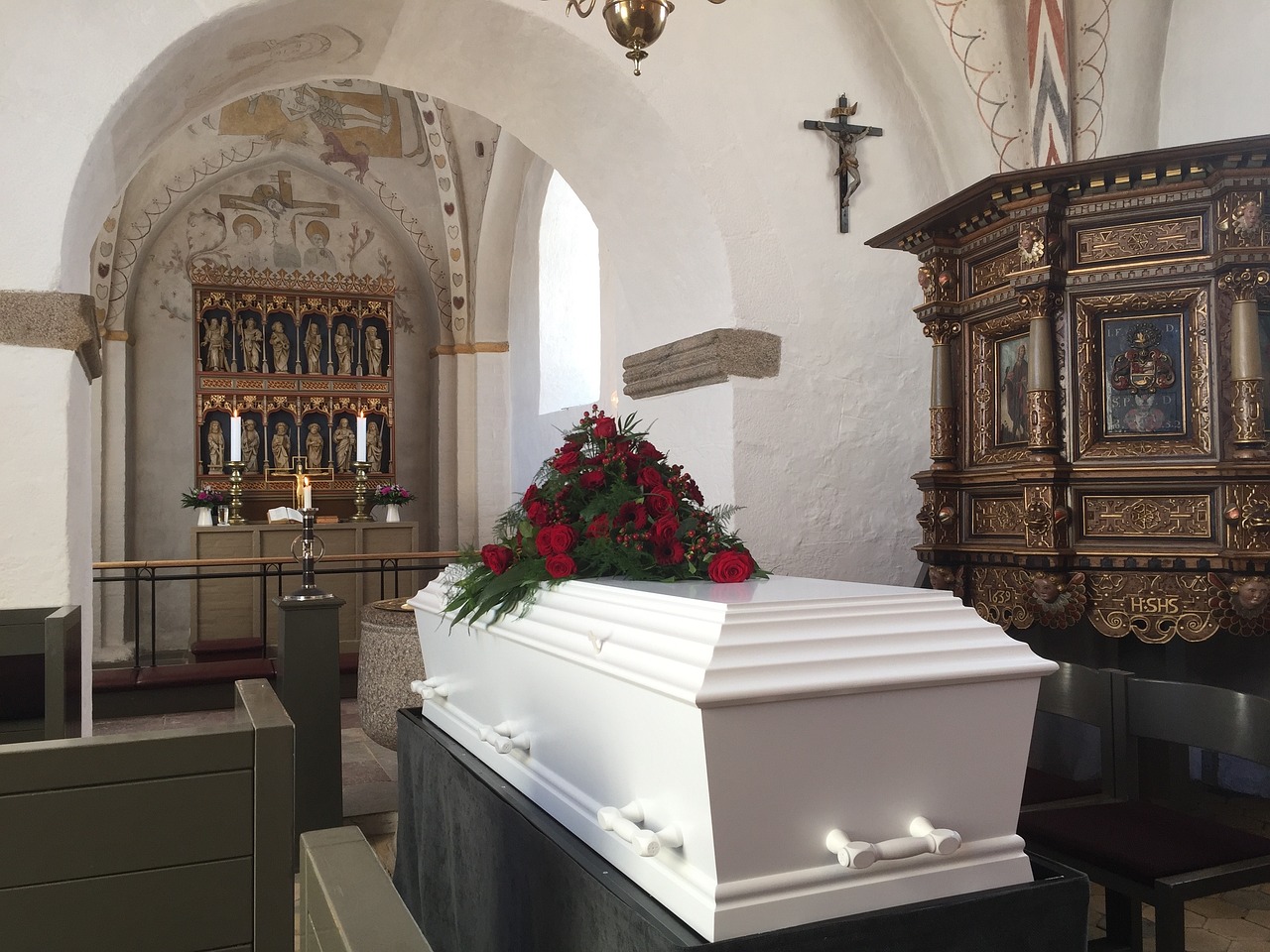When it comes to bidding farewell to a loved one, personal preferences can vary widely. Sometimes the person will have stated their desires for what kind of funeral should be held within their estate planning, while in other cases, the decision will be left up to the family.
So, whether you are making your own arrangements or trying to honour the memory of a loved one the best way you know how, you need to be aware of what options are available to you.
Traditional and Religious Funerals
Traditional funerals tend to follow the religious requirements of the deceased person or their family. Australia is a multicultural society where different faiths are practised including Christianity, Judaism, Sikhism, Hinduism, and Buddhism. Depending on what faith the family practices, certain guidelines will be followed, which may include a full service at a chosen place of worship or the funeral home, viewing of the body, cremation, or burial. The rites may even take several days to be carried out, with the funeral home often being able to arrange for a suitable member of clergy or celebrant if the family has not already arranged for such.
Cultural Funerals
Funerals can also be guided by cultural traditions that can also differ depending on what community the deceased belonged to. Even amongst the aboriginal, funeral rituals can vary depending on the community, hence the need to work with funeral directors that understand these rites and can plan the funeral as per the family’s wants.
Direct Burial
Also sometimes referred to as a disposition funeral, this option is perhaps the most cost-effective choice of funeral. It typically involves having the body transported to the burial site for committal or just cremation. There is no funeral or religious service incorporated, nor viewing or visitation. The family may arrange for a funeral service to be held later and elsewhere.
Cremation
Cremations involve disposing of a loved one’s remains by burning them to ashes. It has become an increasingly popular alternative to burials. However, this is just the aspect of disposing of the remains. The family may still opt to hold a funeral ceremony before or after cremation. The cremation process may even be made part of the ceremony or held as a separate celebration.
Cremation is often chosen as a more affordable option than burials. This is because the family or estate will not need to deal with the additional costs of a casket, gravesite fees, headstone, and cemetery fees. When the family opts not to have a funeral service, the cost is even lower.
Graveside Funeral
This type of funeral involves the committal of the body to a burial site at a cemetery or a crematorium. A brief committal service is carried out at the graveside before actual burial. Families may opt to have this done after a funeral service at the funeral home or place of worship.
Others may however opt to just have the graveside committal service alone. The benefit here is that the entire ceremony can be carried out at the graveside, making for a shorter and more private experience. However, depending on the family’s religious or cultural beliefs, the ceremony can include other rituals.
Memorial
Memorials are less about bidding a loved one farewell and are more of a way to celebrate their life. It is separate from the disposal of the remains as there is no body present at the ceremony. It tends to be an informal celebration where family and friends can gather to reminisce about the dearly departed by telling stories about them and playing music that was meaningful to them.
This choice of a funeral has become increasingly requested by younger generations who prefer to have something akin to a life celebration where attendees laugh, sing, and party rather than sink into a sombre mood. Some memorials may however follow a more formal programme with speeches, singing of hymns, and wreath laying. This is common where the deceased was a member of the forces or police. The ceremony can be held before or after the burial or cremation, though is popularly carried out after the funeral.
Green Funerals
This option is popular with those that want to minimise their carbon footprint as much as possible and minimise funeral costs. Also referred to as natural burials, they take a very minimalist and environmentally conscious approach.
The body can either be placed in a coffin made of natural fibres like simple wood or wicker, or wrapped in a shroud before being buried in direct contact with the earth. This helps to promote the natural decomposition of the body as there is no other barrier between the body and the earth. The body is also not embalmed to avoid contamination from chemicals.
Without the cost of embalming, casket, headstone and cemetery fees, this option can be more affordable. Burial is done in the natural burial section of a cemetery or designated natural burial grounds. These burial sites do not allow for headstones or statues. Families may place small plaques and plant flowers or trees over the spot where a loved one’s remains have been committed.
From the above, you can see that there are multiple options available when trying to decide what kind of funeral to arrange for yourself or a dearly departed loved one. There are many considerations you can factor in including personal values, religious and cultural beliefs, cost, and environmental concerns. Where you may have questions, consulting with a funeral director is a good way to get clarification and arrive at a choice of funeral that is best suited to your situation.

